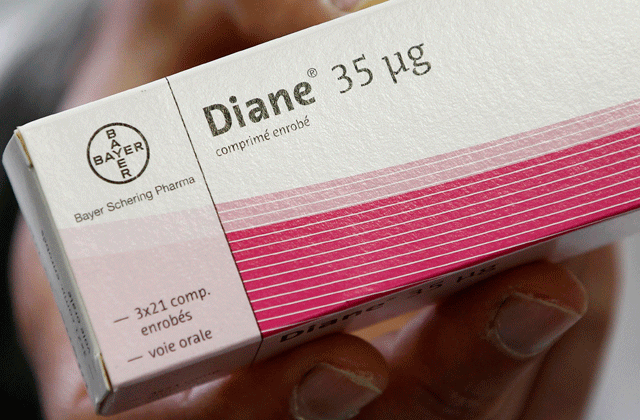
Abu Dhabi: A drug that has been linked to the death of four women in France is widely available and prescribed in the UAE at present.
The medicine, an acne pill named Diane-35, has also been linked to blood clots in more than 100 other women.
Most pharmacy representatives across the UAE said that the medicine, manufactured by German chemical and pharmaceutical firm Bayer, was available at their stores.
Some also said that there was no need for a prescription to purchase the pills.
Women also told Gulf News that they had been prescribed Diane-35 by doctors.
The UAE Ministry of Health did not comment on the matter by the time of going to press. An official said a decision on banning the drug may be taken next week.
“I was diagnosed with polycystic ovarian disease nearly 10 years ago, and have been taking oral contraceptives for its treatment, as well as for the purpose of birth control. Recently, I visited a different gynaecologist, and she immediately recommended Diane-35, which I have been taking for two months,” said one concerned 24-year-old patient.
Sales of Diane-35, which is reportedly sold in more than 100 countries, have nevertheless been suspended in France by the National Agency for the Safety of Drugs and Health Products (ANSM).
When contacted, doctors in the UAE said they too prescribe the medicine frequently.
“Nearly all gynaecologists will have some experience in prescribing Diane-35, especially as it is used to treat certain symptoms of polycystic ovarian disease, which is common in women in the UAE. For example, the medicine helps treat acne and excessive hair growth related to the disease,” said Dr Aruna Kumari, obstetrics and gynaecology consultant at Burjeel Hospital in Abu Dhabi.
The doctor explained that Diane 35 has a slightly higher amount of oestrogen compared to most oral contraceptives.
“Most other oral contraceptives have 30 micrograms of the hormone oestrogen per pill, whereas Diane-35 has 35 micrograms. But this shouldn’t create any real risks, so I am surprised to hear of the deaths in France. Perhaps the medicine was given to women who had other risk factors,” Dr Kumari said. “Gynaecologists run preliminary checks on patients before prescribing these pills to ensure that other risk factors are not present, and they usually only prescribe the medicines for three months at a time. So patients need not be concerned if they are being monitored regularly.”












